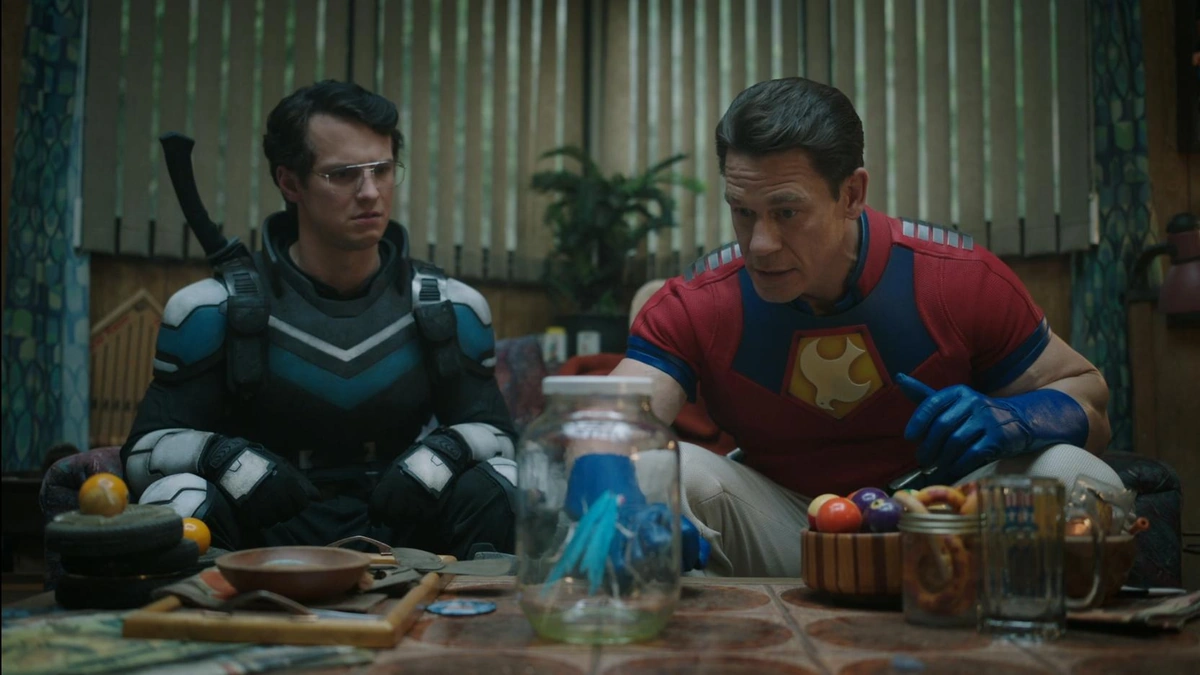Billionaires’ Bunkers | Why the Ultra-Rich Are Preparing for Anything
Let’s be honest, the idea of billionaires’ bunkers probably conjures images of James Bond villains or dystopian sci-fi films. But here’s the thing: it’s a very real trend, and it speaks volumes about the anxieties and uncertainties of our times. It’s not just about surviving a disaster; it’s about maintaining a certain lifestyle, a certain level of control, even when the world feels like it’s spinning out of control. So, why are the world’s wealthiest individuals investing heavily in these luxurious shelters?
The “Why” Behind the Bunker Boom

The increasing popularity of these subterranean havens isn’t simply about fearing a single event like a meteor strike or nuclear war. It’s a confluence of factors. Think about it: climate change is a looming threat, political instability is on the rise, and economic inequality is widening. For the ultra-rich, these are not abstract concerns; they’re risks that could potentially disrupt their fortunes and their way of life. As per Wikipedia , survivalism encompasses individuals or groups who actively prepare for perceived future disasters.
And that’s where the doomsday preppers lifestyle plays a role. They don’t just want to survive; they want to thrive, relatively speaking. This involves not only stocking up on food and water but also ensuring access to power, communication, and even entertainment. These bunkers are, in essence, high-end survival condos, designed to withstand almost anything while maintaining a semblance of normalcy.
But let’s also consider the psychology at play. For those accustomed to having every possible advantage, the idea of being vulnerable is deeply unsettling. Building a luxury underground shelter becomes a way to regain control, to mitigate risk, and to ensure a future – even if that future looks bleak for the rest of us. It’s an extreme form of insurance, if you will.
What’s Inside a Billionaire’s Bunker?
Forget your basic bomb shelter. We’re talking about multi-million dollar facilities that rival luxury resorts. Think swimming pools, home theaters, hydroponic farms, and even medical facilities. Some even include art collections and wine cellars – because, you know, surviving the apocalypse in style is essential. The focus is on self-sufficiency. These bunkers are designed to be completely off-grid, with their own power generation, water purification systems, and waste disposal. They’re essentially self-contained ecosystems, capable of sustaining their inhabitants for extended periods.
And the technology involved is mind-boggling. We’re talking about advanced air filtration systems to protect against biological and chemical attacks, reinforced concrete structures that can withstand earthquakes and explosions, and sophisticated security systems to deter intruders. The level of detail and engineering is truly remarkable.
A common mistake I see people make is underestimating the psychological impact of long-term isolation. Many survival condos are created keeping in mind that occupants will need ways to relieve stress and boredom.
The Ethical Implications | Escapism vs. Responsibility
Here’s where things get a little tricky. What does it say about our society when the wealthiest among us are investing in ways to escape potential disasters rather than working to prevent them? Is it simply a rational response to perceived threats, or is it a sign of a deeper disconnect from the rest of humanity?
Some argue that these individuals are simply being pragmatic, preparing for worst-case scenarios while continuing to contribute to society in other ways. Others see it as a form of moral failure, a prioritization of personal survival over collective well-being. What fascinates me is the question of access. Who gets to decide who gets a spot in these bunkers? And what happens to those who are left behind?
This raises difficult questions about wealth inequality and social responsibility. Should resources be directed towards building bunkers for the few, or towards addressing the root causes of the problems that make such bunkers seem necessary in the first place? It’s a debate with no easy answers. Consider the possibility of purchasing a survival shelter for sale to escape the chaos.
The Future of Survival | Beyond the Bunker
While private survival shelters may seem like the ultimate solution for the ultra-rich, it’s worth asking whether they represent a truly sustainable or desirable future. After all, even the most luxurious bunker is still, at its core, a confined space, cut off from the outside world. The long-term psychological effects of such isolation are largely unknown.
Perhaps a more promising path lies in collective action and resilience. Investing in sustainable infrastructure, promoting social equity, and fostering international cooperation may ultimately be more effective ways to mitigate the risks we face as a global community. As per the guidelines mentioned in the information bulletin, it’s essential to promote shared prosperity and environmental stewardship.
But, let’s be honest, the allure of the bunker will likely remain strong, especially for those who have the means to create their own private sanctuaries. It’s a reflection of our deepest fears and anxieties, and a testament to the enduring human desire for security and control. Want to explore this topic? See the article about Sun TV .
Investing in Preparedness
For those with less-than-billionaire budgets, the core principles of preparedness are still relevant. Building emergency kits, learning basic survival skills, and fostering community connections can all contribute to greater resilience in the face of adversity. And perhaps, in the long run, those connections will prove to be more valuable than any underground fortress. The one thing you absolutely must double-check is your personal preparedness plan.
But here’s the real question: is it better to prepare for the worst alone, or to work towards creating a better future for all? That’s a question each of us must answer for ourselves. And remember, you can learn more about Instagram reposting .
FAQ About Billionaires’ Bunkers
What kinds of threats are these bunkers designed to withstand?
These bunkers are typically designed to withstand a wide range of threats, including nuclear war, natural disasters, pandemics, and social unrest.
How much does a billionaire’s bunker cost?
The cost can range from a few million dollars to hundreds of millions, depending on the size, location, and amenities.
Who builds these bunkers?
There are specialized companies that cater to the ultra-rich market, offering turnkey solutions for building and maintaining these shelters.
Are these bunkers only for billionaires?
While the most elaborate bunkers are certainly the domain of the ultra-rich, there are smaller, more affordable options available for those with more modest budgets.
What’s the typical lifespan of a bunker?
With proper maintenance, a well-built bunker can last for generations.
What are the psychological effects of living in a bunker?
The psychological effects can vary depending on the individual, but potential challenges include isolation, boredom, and anxiety. Access to mental health support is a crucial consideration.













